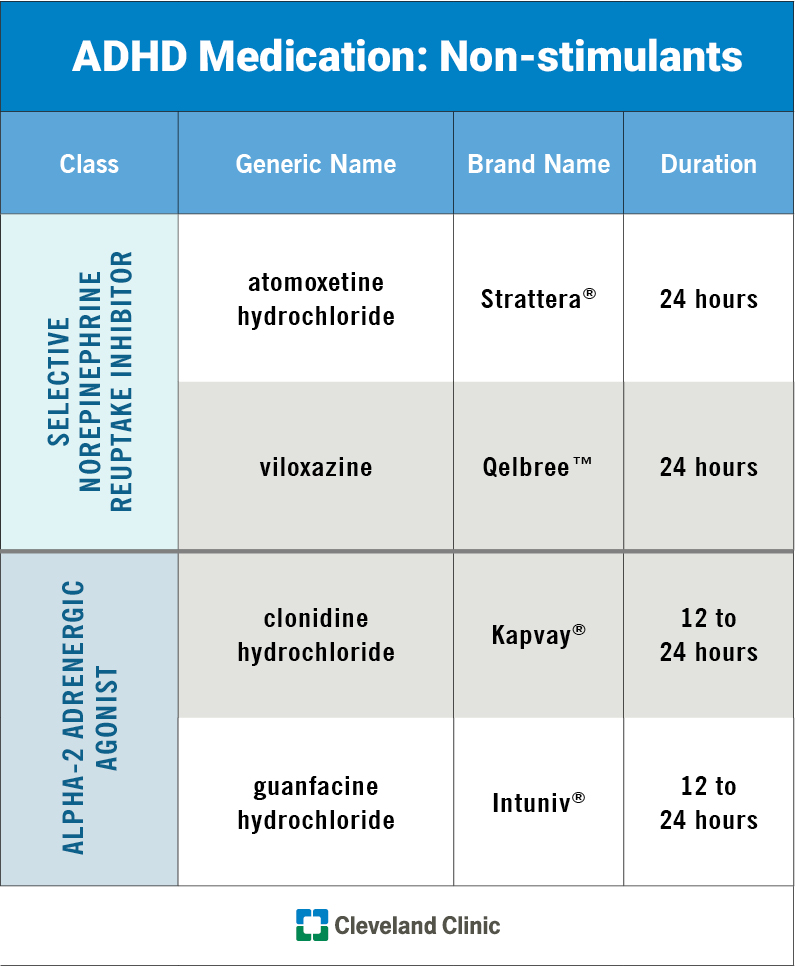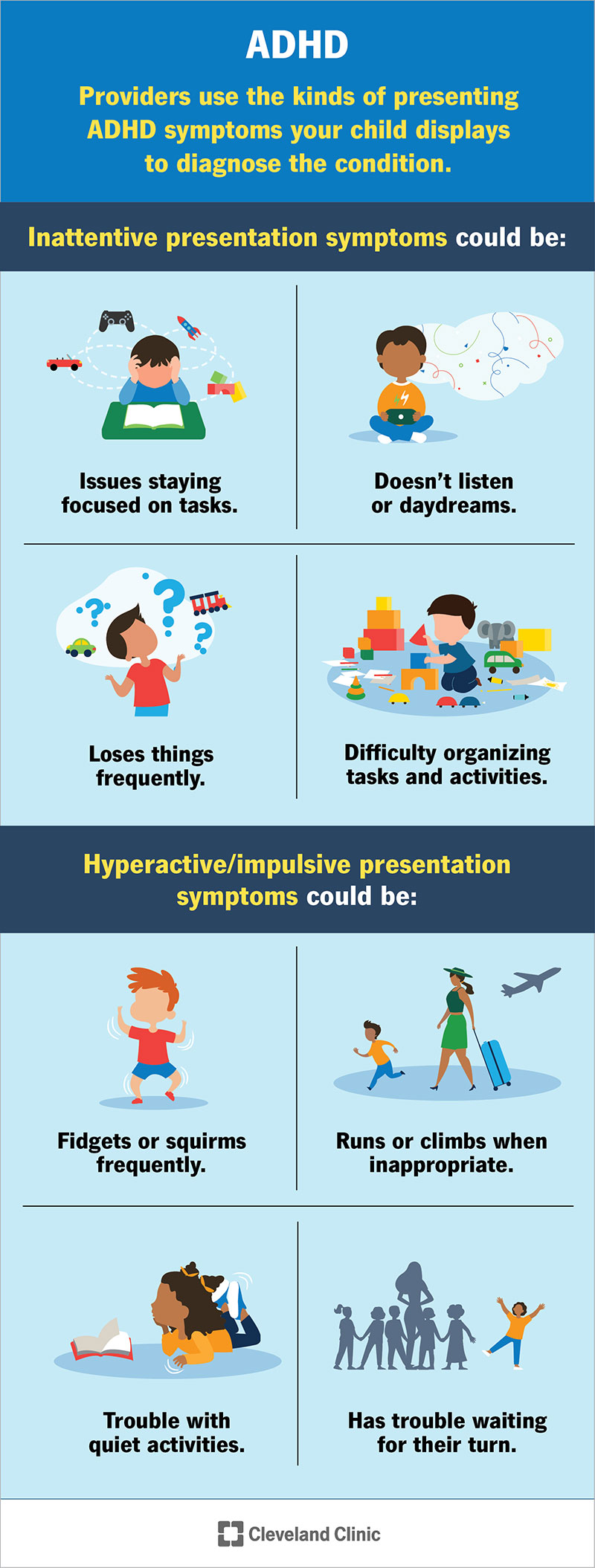Depression Doctor Care for Improving Emotional Health
Depression Doctor Care for Improving Emotional Health
Blog Article
Checking Out Reliable ADHD Therapy Choices for All Ages
The complexities of Interest Deficit Hyperactivity Problem (ADHD) existing one-of-a-kind challenges across various age teams, necessitating an extensive expedition of effective therapy options. A mix of behavior modifications, medicinal treatments, and way of living alterations has actually shown assurance in resolving the varied needs of individuals with ADHD. Nonetheless, the effectiveness of these techniques can vary dramatically based on personal conditions, elevating important questions concerning tailored strategies. As we examine the spectrum of therapy methods available, it comes to be vital to consider not only their immediate effects yet also their long-term effects for people and family members.
Recognizing ADHD and Its Effect
Attention-Deficit/Hyperactivity Disorder (ADHD) is a neurodevelopmental condition defined by consistent patterns of negligence, hyperactivity, and impulsivity that can substantially affect different elements of an individual's life. It commonly manifests in childhood years, although symptoms can persist into the adult years. The core signs of ADHD can interfere with educational performance, prevent social communications, and complicate work-related undertakings.
People with ADHD typically battle with maintaining emphasis on tasks, organizing activities, and following up on directions, which can result in scholastic underachievement (Depression Treatment). In social contexts, impulsivity may lead to troubles in creating and sustaining connections, as people might interrupt conversations or make hasty choices without considering consequences
Additionally, ADHD can co-occur with other mental health and wellness conditions, such as anxiety and clinical depression, even more making complex medical diagnosis and therapy. The variability in signs and symptom presentation indicates that ADHD can influence individuals differently, necessitating a personalized approach to management. Recognizing ADHD's complex effect is important for establishing effective approaches that support individuals in browsing day-to-day difficulties and accomplishing their capacity. Comprehensive recognition of ADHD's nature and implications prepares for checking out ideal therapy alternatives customized per individual's requirements.
Behavioral Therapies for ADHD
Many behavior modifications have actually been created to successfully deal with the obstacles linked with ADHD, concentrating on modifying specific actions and promoting necessary skills. Amongst the most acknowledged methods are cognitive-behavioral therapy (CBT), parent training, and social skills training.
CBT assists individuals identify and change adverse idea patterns and actions, advertising an extra positive outlook and boosted self-regulation. This treatment often includes functional strategies for handling impulsivity and boosting organization. Moms and dad training programs encourage caretakers by equipping them with strategies to strengthen positive behaviors and set consistent limits, which can be specifically valuable for children with ADHD.
Social abilities training is one more essential component, mentor individuals with ADHD just how to interact efficiently with peers - Depression Treatment. This method usually involves role-playing and feedback to boost interaction, cooperation, and problem resolution abilities
Including these behavior treatments into a comprehensive treatment strategy can dramatically enhance working and lifestyle for people with ADHD. Eventually, the efficiency of these treatments depends upon tailored methods that think about the special needs of each individual, thus promoting resilience and versatility in day-to-day live.
Medicine Options Available
For many individuals with ADHD, medicine can play a substantial role in managing signs and enhancing overall functioning. The 2 main categories of medicines recommended for ADHD are stimulants and non-stimulants.
Energizers, such as methylphenidate and amphetamine-based drugs, are one of the most generally used treatments. These drugs work by boosting the levels of neurotransmitters, especially dopamine and norepinephrine, in the mind, which aids boost focus and lower impulsivity and attention deficit disorder. They frequently produce rapid results, making them a preferred option for several patients.

It is important for health care providers to perform a complete evaluation to establish one of the most suitable medication based upon private requirements, medical history, and potential negative effects. Routine follow-up and surveillance are likewise crucial to ensure the effectiveness of the picked treatment and to make any needed adjustments.
Way Of Life Modifications to Consider
Managing ADHD properly extends past drug, as way of life adjustments can dramatically boost general wellness and symptom control. Incorporating structured regimens is vital; constant timetables help people with ADHD handle their time effectively and minimize sensations of overwhelm.
Normal exercise is another essential component. Exercise not just helps to enhance focus but additionally increases state of mind and minimizes stress and anxiety degrees. Activities such as yoga or team sports can be specifically helpful, promoting both fitness and social communication.
Nourishment also plays a crucial role. Depression Treatment. A balanced diet plan abundant in omega-3 fatty acids, entire grains, and lean healthy proteins can add to enhanced emphasis and cognitive function. Restricting sugar and processed foods is suggested, as these can exacerbate attention deficit disorder and impulsivity
Rest health is vital for taking care of ADHD signs and symptoms. Developing a normal rest schedule and developing a relaxed atmosphere can improve sleep quality, causing much better interest and emotional policy.
Different and Holistic Techniques
Different and holistic methods to ADHD therapy supply a diverse series of options that complement traditional methods. These techniques often concentrate on lifestyle alterations, nutritional interventions, and healing methods that aim to boost overall health while attending to ADHD signs.

Mindfulness and behavior therapies are also getting traction as all natural interventions. Practices such as yoga exercise, reflection, and cognitive-behavioral treatment can grow self-regulation and boost interest. These methods support psychological resilience, which is especially beneficial for people with ADHD.
Organic supplements, such as ginkgo biloba and ginseng, are sometimes checked out; nevertheless, it is important to speak with health care experts prior to incorporating these into therapy plans. While choice and all natural techniques can give useful assistance, they must preferably be utilized in combination with evidence-based therapies to achieve ideal results for managing ADHD across all ages.
Conclusion
In recap, efficient ADHD therapy demands an extensive strategy that includes behavior modifications, drug, way of living adjustments, and all natural techniques. Customized interventions can significantly improve individuals' functioning and top quality of life, while suitable medication makes certain ideal signs and symptom management. Moreover, embracing organized regimens, participating in routine exercise, and exercising mindfulness can improve emotional regulation and attention. This multifaceted technique underscores the relevance of personalized care in resolving the diverse requirements of individuals with ADHD across all age groups.
Report this page